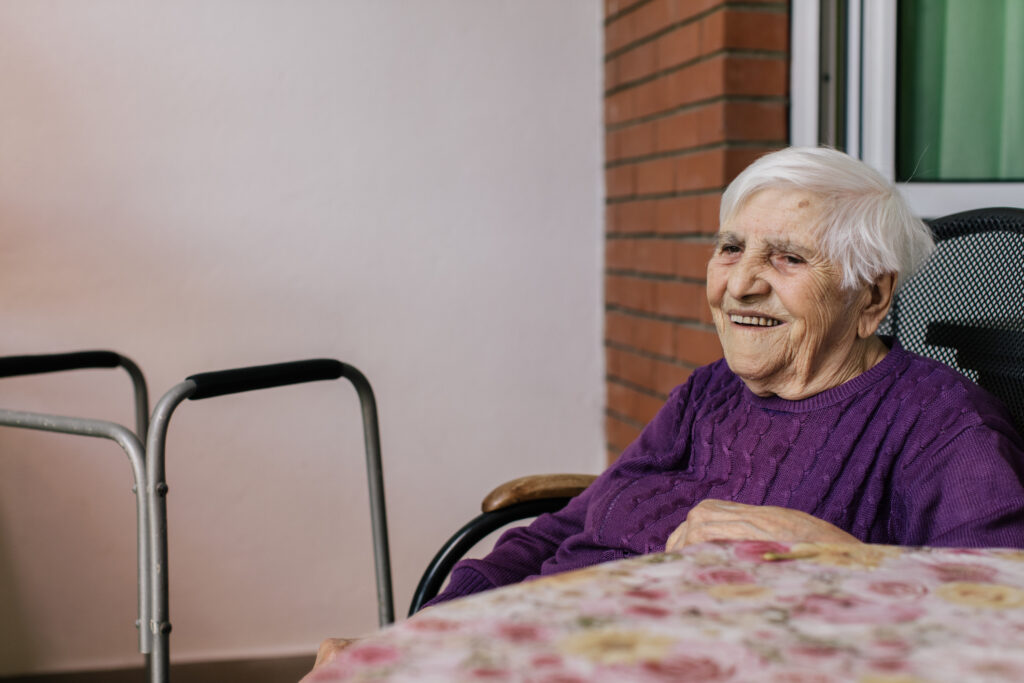
“Money that we’re not paying a landlord, is money that we can put back into the CIC.”
A Better Tomorrow leases around 25 properties but has recently bought two with the help of a Charity Bank loan. We spoke to CEO Scott Morgan to find out more.
Why did you need the properties?
A Better Tomorrow started around 10 years ago. The focus was on helping people to recover from substance misuse, addiction and alcoholism. However, a lot of the government funding was being pulled, so it was really difficult to get people into rehab. We decided to come at it using a different angle – supported accommodation with lots of group work. The accommodation is paid for with Housing Benefit and we provide the tools and expert advice to help people to rehabilitate and integrate back into the community.
A lot of our referrals are people being released from prison. They’ve committed crimes to feed their addiction or affliction, but they want to change. Other clients are living with their family or on their own or in university accommodation, but they’ve realised that they need professional support to recover.
Why did you want to buy rather than lease?
We lease most of our properties, but leasing is really expensive. Owning these two properties will save us around £500 a month. Money that we’re not paying to a landlord is money that we can put back into the CIC.
What other benefits are there to owning rather than leasing?
Instead of paying a landlord, we’re paying for our own assets. They will help to secure the CIC’s future, as we’ve got them to fall back on if we need to. They will also enable us to purchase more properties, because we’ve got equity, so we can borrow again.
Grant funders can also see that we’re managing our own properties, and that we’re reliable, and that we know what we’re doing, which means they can have more trust in us as an organisation.
Why did you choose Charity Bank for your loan?
We were introduced to Charity Bank by the YMCA. We spoke to Alan Tudhope at Charity Bank, and it just seemed like the best place to go to get those first purchases under our belt.
Why did you feel that Charity Bank was the best option?
They understood what we were and the pitfalls that we could face and so on. It also felt like a more friendly approach; they were more personable than a regular bank, which gave us confidence and reassurance.
As this was your first large loan, was everyone on your board in agreement that borrowing was the right thing to do?
Yes, we all felt this was the best way to go. We did talk to lots of organisations similar to ours first though, and YMCA has dealt with Charity Bank before and recommended them, which helped.
How did you find the process of getting the loan?
Fine. The actual purchase took a long time, but getting the loan was pretty straightforward. There was quite a bit of toing and froing, but that was what we expected. I have a mortgage on my own house and applying for this loan didn’t feel that different really.
Did it help having named points of contact?
Yes, and it wasn’t just emails. It was phone calls and Teams meetings, and they came down to visit us.
What would you say to another CIC that was thinking of getting a loan?
Get your ducks in a row first. Make sure your bookkeeping and other financial records are up to date and that you can access them.
Will you consider returning to Charity Bank if you need another loan?
Yes, we’ll definitely come back to Charity Bank. When we went through the loans process, it was made clear that they’ll happily support us if we want to buy more properties. We’re actually planning to speak to them again soon.
About Charity Bank
Charity Bank is the loans and savings bank owned by and committed to supporting the social sector. Since 2002, we have used our savers’ money to make more than 1400 loans totalling over £605m to housing, education, social care, community and other social purpose organisations.
Nothing in this article constitutes an invitation to engage in investment activity nor is it advice or a recommendation and professional advice should be taken before any course of action is pursued.


